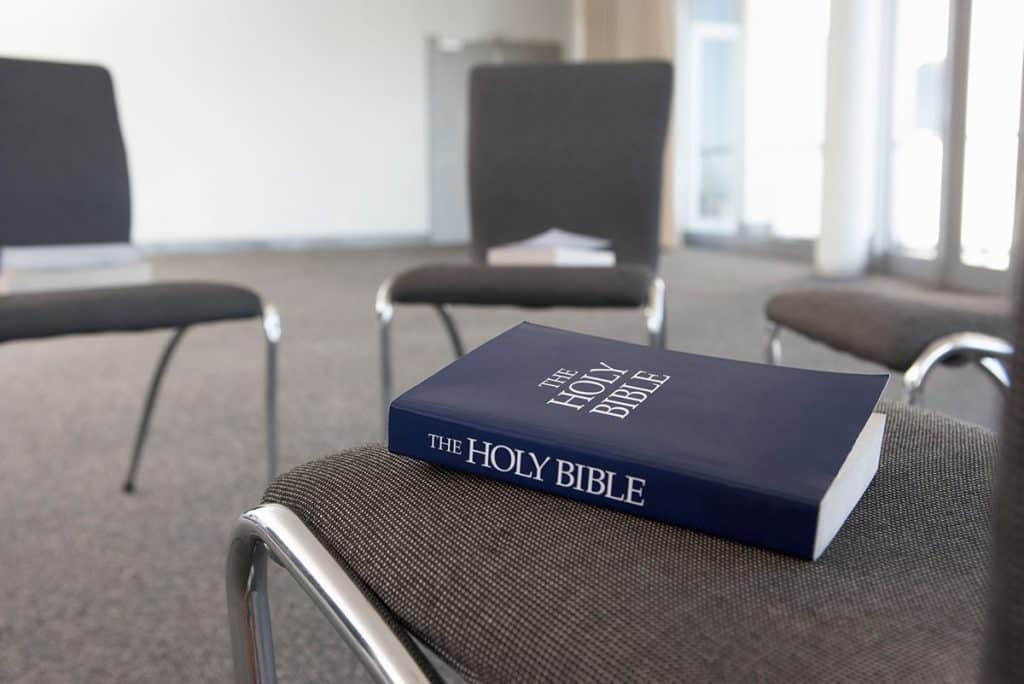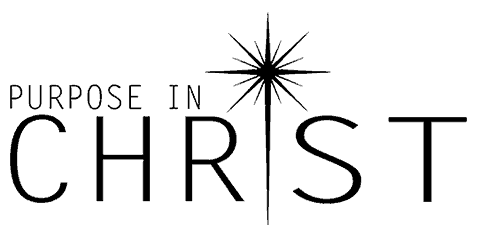
As a devout Christian and as a lawyer, the issue of reading Bibles in public school is one that I am very passionate about, and most people believe some myths about this topic. I hope to correct the record in this post.
So, are Bibles allowed in public schools? Bibles are allowed in public schools. It may violate a student’s rights of self-expression or religion for a school to prohibit a student from reading a Bible. However, the Constitution forbids state-sponsored religion, so the Bible cannot be used for devotional purposes in the classroom presented by a representative of the school.
There are many nuances in these rules, so please don’t take that short answer as a black-and-white answer. The rest of this post will contain the factors to consider.
The Myth About Bibles in the Classroom
The biggest misconception I hear about the use of Bibles in the classroom is regarding the so-called constitutional “separation of church and state.” That phrase comes from a letter from Thomas Jefferson and is not officially part of our laws, but it is a reasonable summation of the actual text of the Constitution which reads “Congress shall make no law respecting an establishment of religion, or prohibiting the free exercise thereof…”
Many times I have heard people say the Bible cannot be used in schools because of the separation of church and state. The Supreme Court of the United States disagrees with this notion, and said so:
We agree of course that the State may not establish a “religion of secularism” in the sense of affirmatively opposing or showing hostility to religion, thus ‘preferring those who believe in no religion over those who do believe.’ … In addition, it might well be said that one’s education is not complete without a study of comparative religion or the history of religion and its relationship to the advancement of civilization. It certainly may be said that the Bible is worthy of study for its literary and historic qualities. Nothing we have said here indicates that such study of the Bible or of religion, when presented objectively as part of a secular program of education, may not be effected consistently with the First Amendment.
Abington School District vs Schempp
Translation? The Bible can be used in public schools as long as it is done in a way that does not promote religiosity or a particular sect. In fact, a teacher could even read from the Bible to the students and if presented in a historical and neutral way, would not violate the Constitution.
The separation of church and state does not mean that the government must ignore religion, just that it may not sponsor religion. Completely ignoring arguably the most influential book in history would in effect sponsor irreligion, which would in fact violate the Constitution.
Limitations to Schools Preventing the Use of the Bible
The Supreme Court quote mentioned previously was from Abington School District vs Schempp. That may seem an odd case to quote in that section because on the particular facts of that case, the Court said the Biblical usage was not allowed.
In Schempp, Pennsylvania law said that all classes must begin with 10 verses read from the Bible without any comment before each school day. The Court reasoned that this practice presented religion in an organized and systemic way and was not part of a temporary unit of study of the Bible or within the context of history. Thus, on the facts of that case, the law was deemed unconstitutional.
Other Supreme Court cases involving religion have analyzed prayer in schools and moments of silence, but SCOTUS has not had many cases concerning the use of the Bible in schools.
Can a Teacher Prohibit a Student from Using the Bible at School?
Generally, a teacher cannot prevent a student from reading a Bible at school. A teacher is a government employee and thus their actions constitute state action.
The Constitution provides numerous protections in this situation. First, the free exercise of religion. Second, freedom of expression. Suppose a student wanted to quote the Bible or do a project that involves religious study. The teacher may not be able to block the student from doing so because it would violate the student’s right to freedom of expression.
However, teachers have broad powers to maintain order and discipline within a classroom. If a student were reading the Bible when they were supposed to be doing a science project, the teacher could stop them from reading it or any other book. If a student’s Biblical project fell outside the assigned requirements of the project, a teacher would be within their rights to grade the project low.
While the above answer does present the correct law of the United States, many teachers are nervous about offending students in the classroom and may not understand their proper role in this situation. Teachers should be cautious if a student presents a religious text to merely address it from a historical context and not in support or opposition.
While a teacher herself could not give a statement in support of a particular sect, a student is free to do so. Remember that the Constitution prohibits the government (including a teacher which is a representative of the government) from sponsoring a particular sect. A student is free to do so at school so long as their efforts are not endorsed by the school. A student’s religious beliefs expressed in a classroom are protected by the Freedom of Expression.
Related Questions
When was the Bible removed from public schools? In the 1963 Supreme Court Case Abington vs Schempp, the court restricted schools from mandating a systematic daily reading of the Bible in school. Bibles have never been entirely removed from public schools and courts have upheld Constitutional protections of that right.
Are public schools allowed to teach religion? Public schools can teach about religion in a neutral way. The Constitution prohibits the government from sponsoring a particular sect and must present religious topics in a neutral way as to neither sponsor religiosity nor irreligiosity.
Can you bring a Bible to public school? Bibles may be brought into any public school. Students may read from Bibles and even use them in school projects and assignments. The Constitution prohibits the government from sponsoring a particular sect of religion.

I am trying to write a legal paper for a grad level course, Public School Law. I am using the Schempp case, Ella Downing Case, and Roberts V. Maddigan, but I am looking for a case where the court upheld using the bible for “historical, literature, ethical, or philosophical document.” Ideas?
There might be a new case about this with my school and me and my teacher